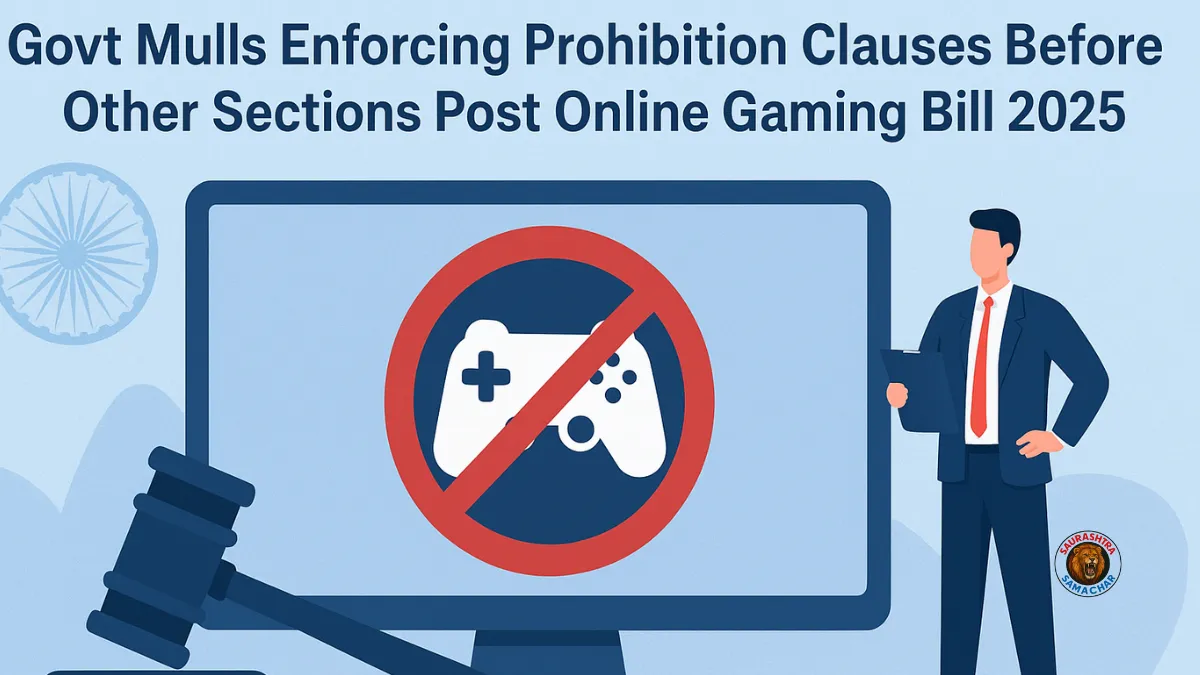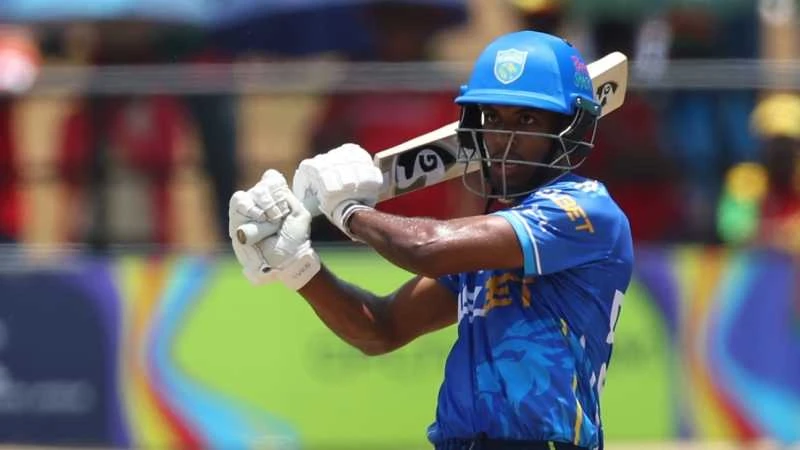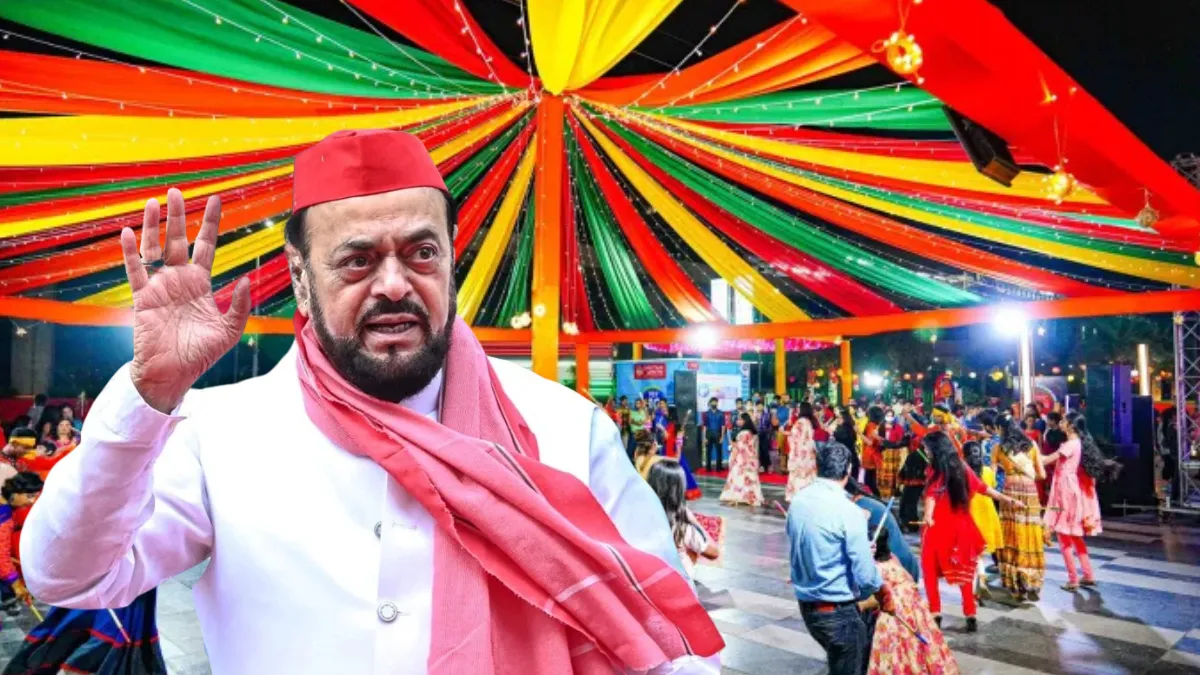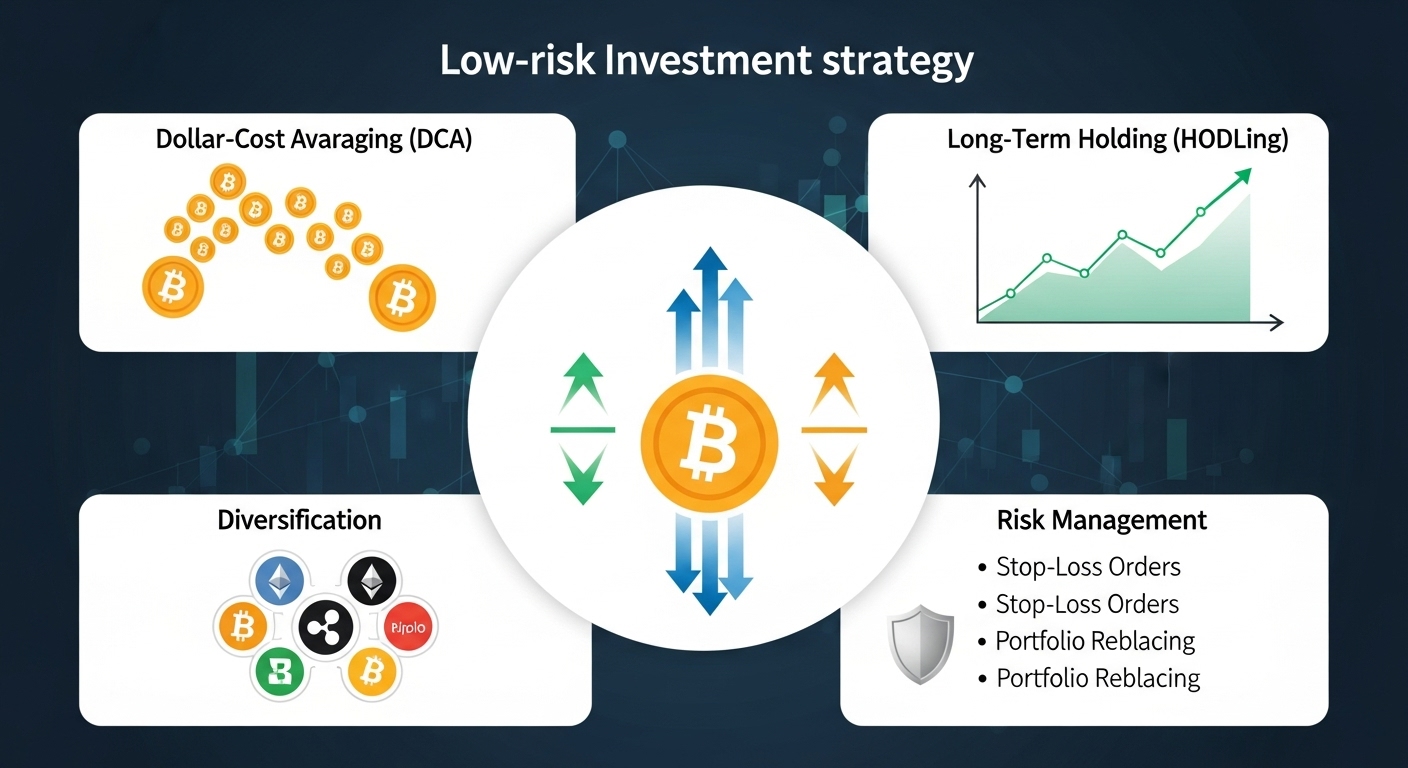New Delhi, Aug 22 – The Indian government is preparing to prioritize the implementation of prohibition clauses soon after the Online Gaming Bill 2025 receives the President’s approval and is officially notified. According to IT Secretary S. Krishnan, the Centre intends to act swiftly on banning online money-based games, even before bringing other parts of the legislation into effect.
Krishnan revealed that while prohibition will be enforced immediately, the Ministry of Electronics and Information Technology (MeitY) has already begun drafting rules to regulate other aspects of the law, including the promotion of e-sports, online social gaming, and the constitution of a new regulatory authority.
Online Gaming Bill 2025: Key Focus Areas
The Online Gaming Bill 2025, recently passed by Parliament, seeks to ban all forms of online games involving real money transactions while simultaneously promoting e-sports and social gaming platforms. The bill was cleared by the Rajya Sabha without debate, highlighting the urgency of addressing the growing concerns around online money gaming in India.
The legislation aims to balance two priorities:
- Curbing social and public health risks caused by online money games.
- Promoting India as a global hub for e-sports and online social gaming.
“The social harm from online money gaming is evident, and the government has a duty to address it,” Krishnan said, stressing the urgency of implementing prohibition measures first.
Why Prohibition Clauses Come First
Krishnan explained that prohibition-related measures do not require detailed rule-making. Instead, the government only needs to notify enforcement authorities to act against online money-based games. This makes it possible to roll out these sections more quickly compared to other provisions that require new frameworks and detailed regulations.
“This is not legislation that can stand idle. We are examining the possibility of bringing the prohibition clauses into effect ahead of other sections,” Krishnan said.
The IT Ministry has already begun work on drafting rules for the remaining provisions of the bill, which will outline standards for e-sports regulation, online social gaming, and the establishment of a credible central regulatory authority.
Compliance and Responsibility for Real-Money Gaming Platforms
On the question of real-money gaming platforms that sponsor sports or engage in high-profile celebrity endorsements, Krishnan made it clear that compliance lies with the companies themselves.
“They will have to read the law and determine whether their activities align with the new framework,” he stated.
He also rejected allegations of policy flip-flops, noting that industry players were well aware that the earlier framework for self-regulation was under reconsideration. According to him, many industry representatives themselves advocated for a government-led regulatory body instead of relying on self-regulatory organizations.
Addressing Social Harm vs. Job Loss Concerns
Critics of the ban have raised concerns about job losses in the online money gaming industry. However, Krishnan stressed that the government’s priority is to protect the larger population from the destructive effects of gaming addiction.
While a few thousand jobs may be tied to real-money gaming companies, the number of individuals negatively affected by addiction runs into several crores. Reports of suicides, family distress, and financial ruin due to online betting and gambling underscore the severity of the issue.
“When we compare a few thousand jobs of skilled professionals—who can easily find opportunities in other tech sectors—with the well-being of millions of households, the choice becomes clear,” Krishnan said.
Impact on Investments in the Gaming Industry
The ban on online money games is expected to impact foreign investment in the sector. However, Krishnan emphasized that India’s Foreign Direct Investment (FDI) policy is guided by ethical and societal considerations.
Investments are encouraged in sectors that generate real value for society and contribute to nation-building. By contrast, money gaming is seen as harmful, as it profits from the financial distress of players and funnels earnings to overseas investors.
“Losing a few billion dollars in harmful investments is not a matter of concern,” Krishnan stated. Instead, he argued that having policy clarity now will redirect capital toward India’s broader growth story and productive sectors such as technology, manufacturing, and digital innovation.
The Road Ahead: Promoting E-Sports and Social Gaming
While prohibition remains the immediate priority, the government is equally focused on promoting e-sports and online social gaming. These segments are seen as skill-based, non-exploitative, and capable of positioning India as a leading player in global game development.
Draft rules under preparation will:
- Define regulatory guidelines for e-sports tournaments.
- Encourage innovation in online social games.
- Establish a robust government-led authority to oversee operations.
Krishnan assured that the rules would not take six months to finalize, as speculated by some. The ministry aims to move at a much faster pace to ensure clarity for businesses and users alike.
Online Gaming Bill 2025 at a Glance
| Aspect | Details |
|---|---|
| Bill Name | Promotion and Regulation of Online Gaming Bill, 2025 |
| Status | Passed by Parliament, awaiting Presidential assent |
| Prohibition | Bans all forms of online money-based games |
| Promotion | Encourages e-sports and online social gaming |
| Regulatory Authority | To be set up under the bill for oversight |
| Implementation Plan | Prohibition clauses first, other rules to follow |
| Rationale | Addressing addiction, suicides, and financial harm caused by money gaming |
Also read: Aravalli Jungle Safari: Haryana to Become a New Hub of Eco-Tourism
Conclusion
The Online Gaming Bill 2025 marks a turning point in India’s digital and gaming landscape. By prioritizing prohibition clauses, the government aims to swiftly curb the social evils linked to money-based online gaming while laying the foundation for a regulated, ethical, and globally competitive e-sports ecosystem.
The move underlines India’s commitment to protecting its citizens from harmful practices while steering investments and talent toward constructive areas of the digital economy. With quick rule-making and a strong regulatory framework on the way, India is set to redefine the future of online gaming in a way that balances innovation with responsibility.














